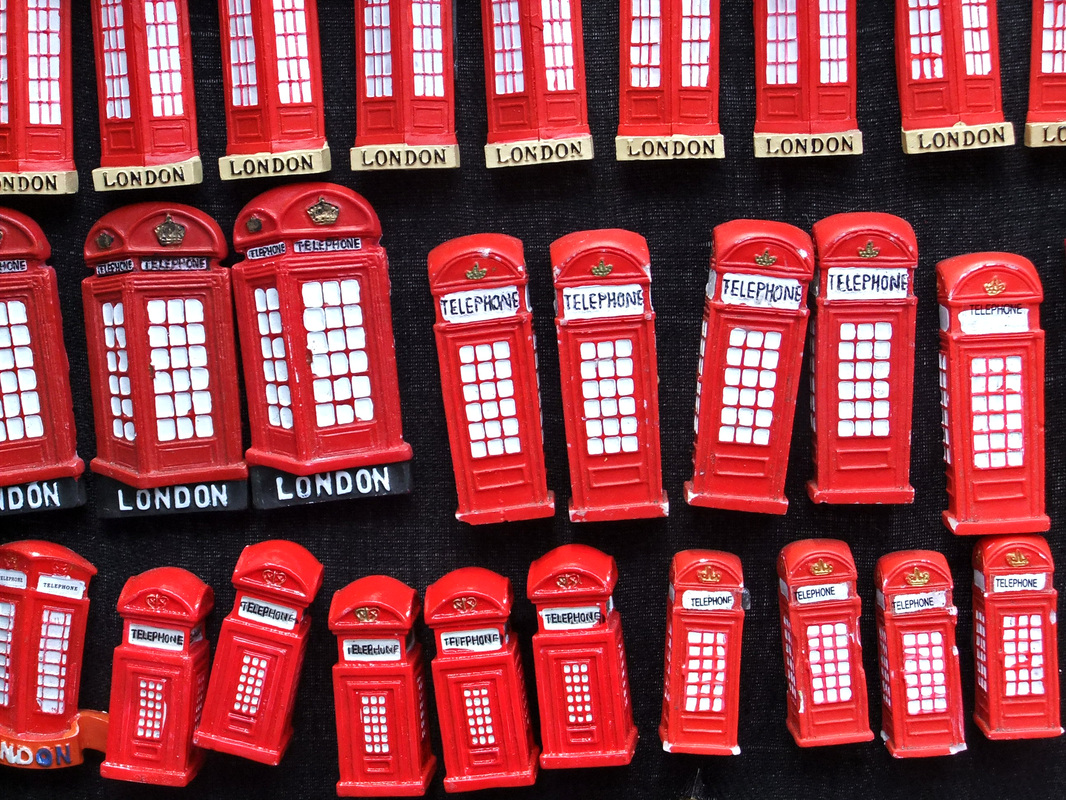I enjoyed walking through the Inns of Court with you yesterday. What a wonderful area it is. So hidden and quiet ...
Below, is some of the vocabulary that we went over at the end. Your English is very good ... I am impressed! Well done!
I look forward to seeing you again soon.
Best Wishes
Gail
Vocabulary: London’s Legal Quarter: The Inns of Court
A solicitor (noun): A solicitor has the first contact with a client who needs legal help or advice. The solicitor does all the paper work on a case, but if it has to go to court, they find a barrister who specialises in the same type of law (family, criminal, civil etc)
A barrister (noun): A lawyer who has had extra training to become a barrister. Barristers are the people who stand up in a court and represent the client in front of the judge. Barristers are trained in the Inns of Court.
To smuggle (verb): a) When someone takes goods in or out of a country and it is illegal, we say that they smuggle. E.g. They smuggled drugs into London.
b) We also use the verb informally. If I took a bag of sweets into the cinema instead of buying the expensive sweets sold at the cinema, I can say ‘I smuggled some sweets into the cinema’.
A smuggler (noun): The term we use to describe a person who smuggles.
To scrape (verb): to remove something from a surface by moving a sharp edge across it. E.g. He scraped the mud off his boots before he came in.
A boot scraper (noun): We saw a boot scraper outside a house. Old houses had boot scrapers built into the entrances to visitors could scrape the mud off their boots before entering.
To scrape through something (expression): To succeed in doing something with difficulty. E.g. I just scraped through that exam!
Bankrupt (adjective): Not having enough money to pay what you owe. E.g If the company don’t spend less, they will go bankrupt.
Bankruptcy (noun): The state of being bankrupt. E.g. We walked along Carey Street where there used to be a ‘Bankruptcy Court’ in the 1840s.
Sewage (noun): The waste material from people’s bodies that is carried away from their homes in water in sewers (noun).
To switch (verb) (something over, from something, to something, between A and B): To change for be changed from one thing to another. E.g. She switched careers from journalism to teaching. E.g. the football match has been switched from Saturday to Sunday. E.g. Don’t forget to switch off the light.
A switch (noun): a small button or something small that you press up or down to turn on electricity. E.g. a light switch.
To backfire (verb): a) to have an unexpected or unpleasant result, often the opposite to what had been intended. E.g. My plan to rob a bank backfired when the police caught me and sent me to jail! b) when the exhaust in a car or other engine has a small ‘explosion’. E.g. a car backfired in the road
Wisteria (noun): a type of climbing plant with large purple flowers. We saw lots of wisteria on our walk. Some wisteria can live for 200 years!
A gown (noun): a) a long, elegant dress worn on formal occastions e.g. She wore a silk gown to the ball.
b) a loose cloak worn by certain professions E.g. lawyers, barristers, judges. We saw some of the gowns worn by lawyers in the shop, Ede & Ravenscroft (specialist gown and robe makers since 1689).
c) a dressing gown. This is the long loose robe that we wear after a bath or when we get out of bed.
A wig (noun): a covering made of real or false hair that you wear on your head. E.g. we saw the wigs that a judge and barrister wear in court. They are made of horse hair.
A hood (noun): the part of a coat, jacket etc that you pull up to cover your head and neck.
A hoody (noun) (informal): a) a sweatshirt that has a hood. b) an informal word often used to describe young people, especially teenagers who wear the hoods on their sweatshirts pulled up all the time.
A hat (noun): An item of clothing worn on the head (separate from the coat or jacket).
To attach something to something (verb): to fasten or join something to something. E.g. the hood is attached to the coat.
A pub (noun): a place where people go to buy and drink alcohol. Food is usually available too. [traditionally called a Public House]
A club (noun): a group of people who meet regularly to share an interest. E.g. a sports club, a walking club, a language club.
A nightclub (noun): a place where you can go to dance and drink late at night.
To behead (verb): to cut off somebody’s head, usually as punishment. E.g. the Lord was beheaded in Lincoln’s Inn Fields because he tried to kill the king.
To decapitate (verb): to cut off somebody’s head
To hang (verb): Note that when we talk about a person, we use ‘hanged’ as the past tense. If we talk about a painting we put on the wall, we use ‘hung’.
To lose your head (expression): a) to become confused or very excited b) to have your head chopped off!
Crisps (noun): a potato crisp is a very thin slice of potato that is fried in oil, dried and eaten cold. We buy them in packets and they usually have a lot of salt added. [Note: US English call them ‘chips’]
Chips (noun): sliced potatoes deep-fat fried in oil. Often called ‘french fries’. In England, chips are traditionally bigger than french fries.
A chippy (noun): a fish and chip shop. E.g. Let’s go to the chippy on the way home.
 RSS Feed
RSS Feed
